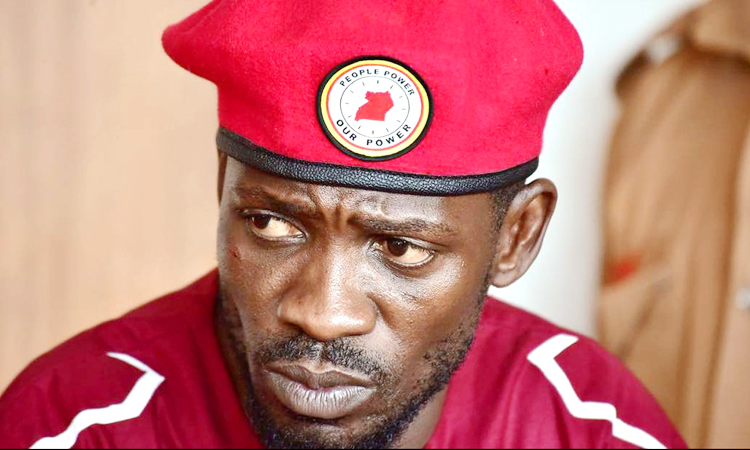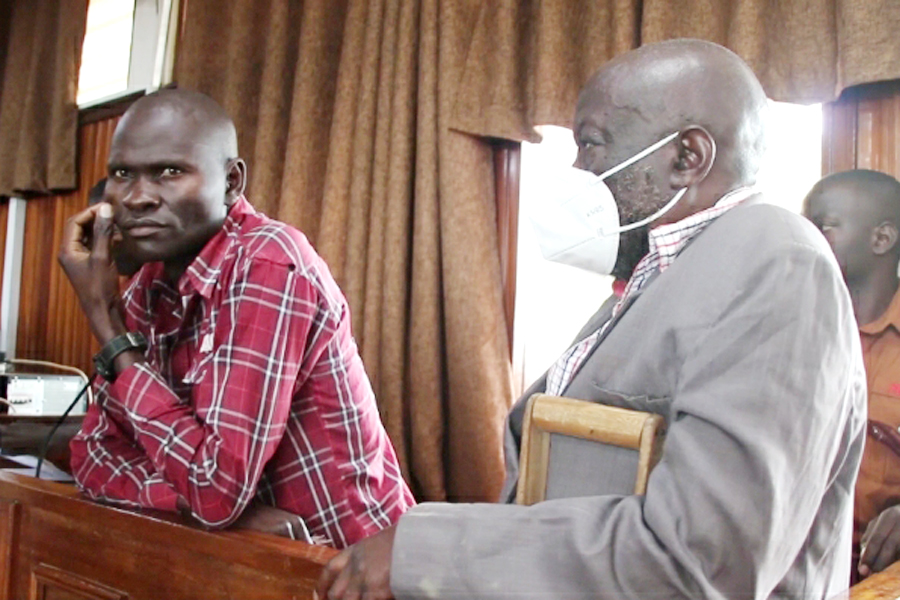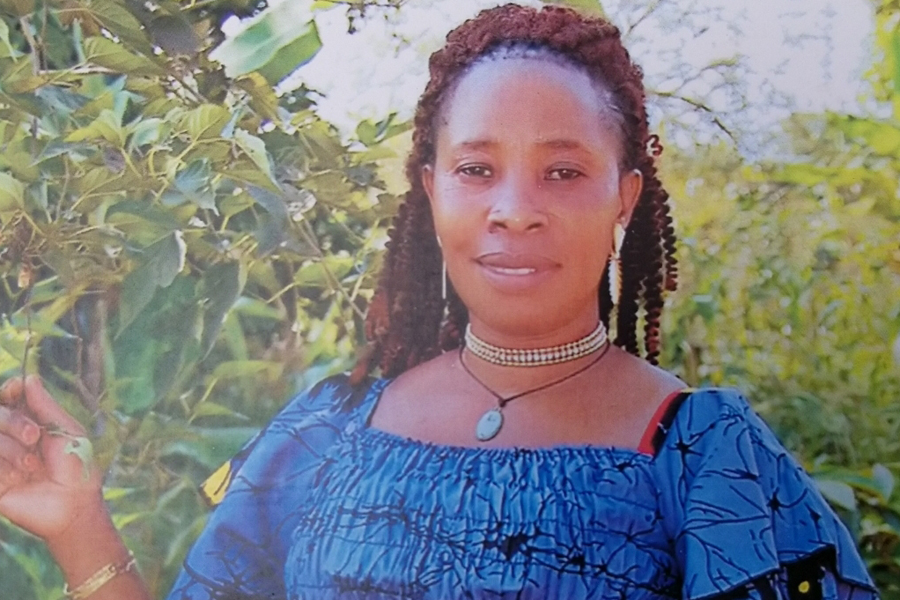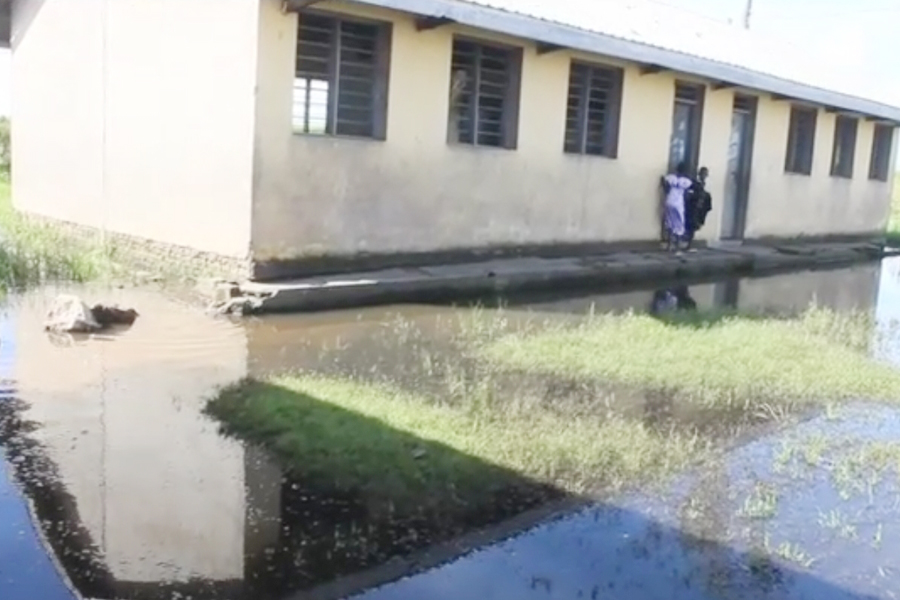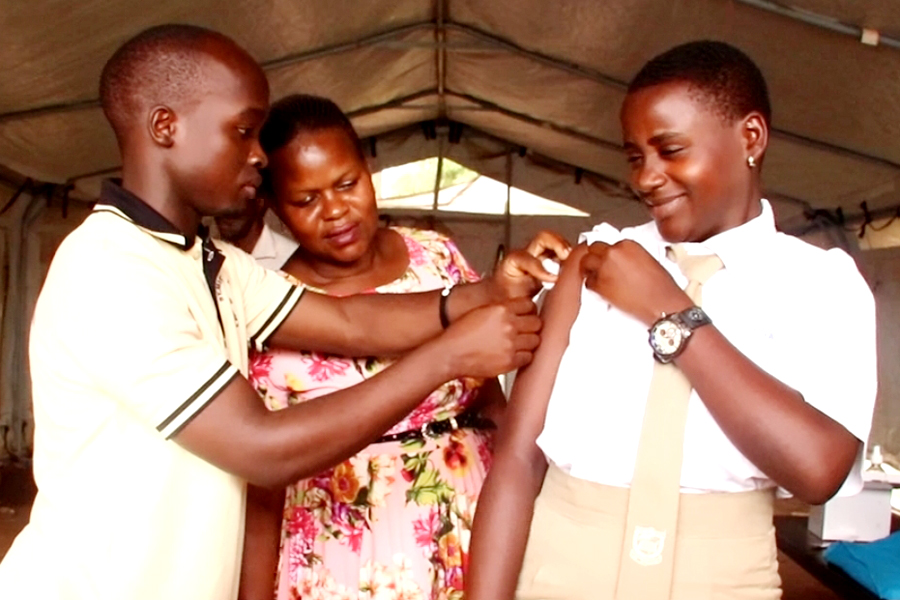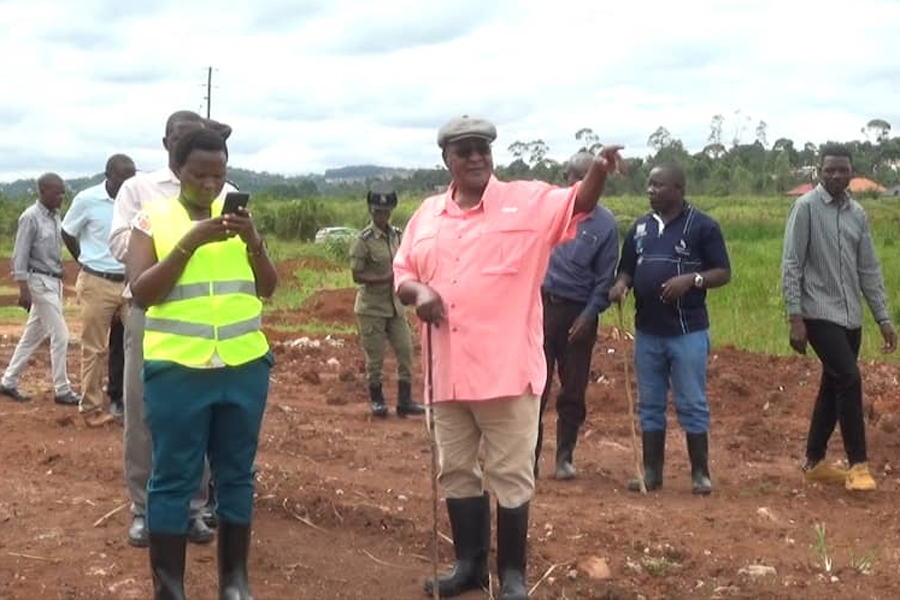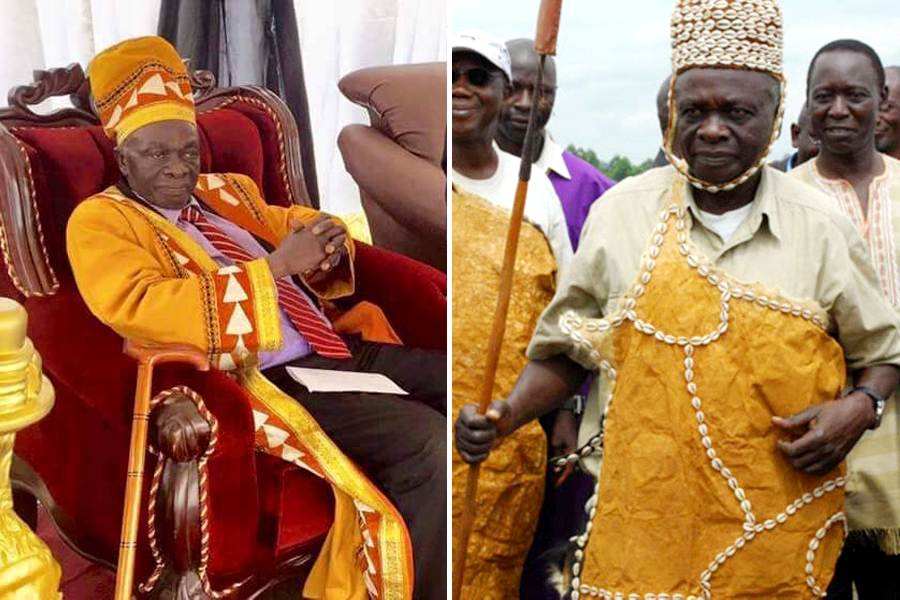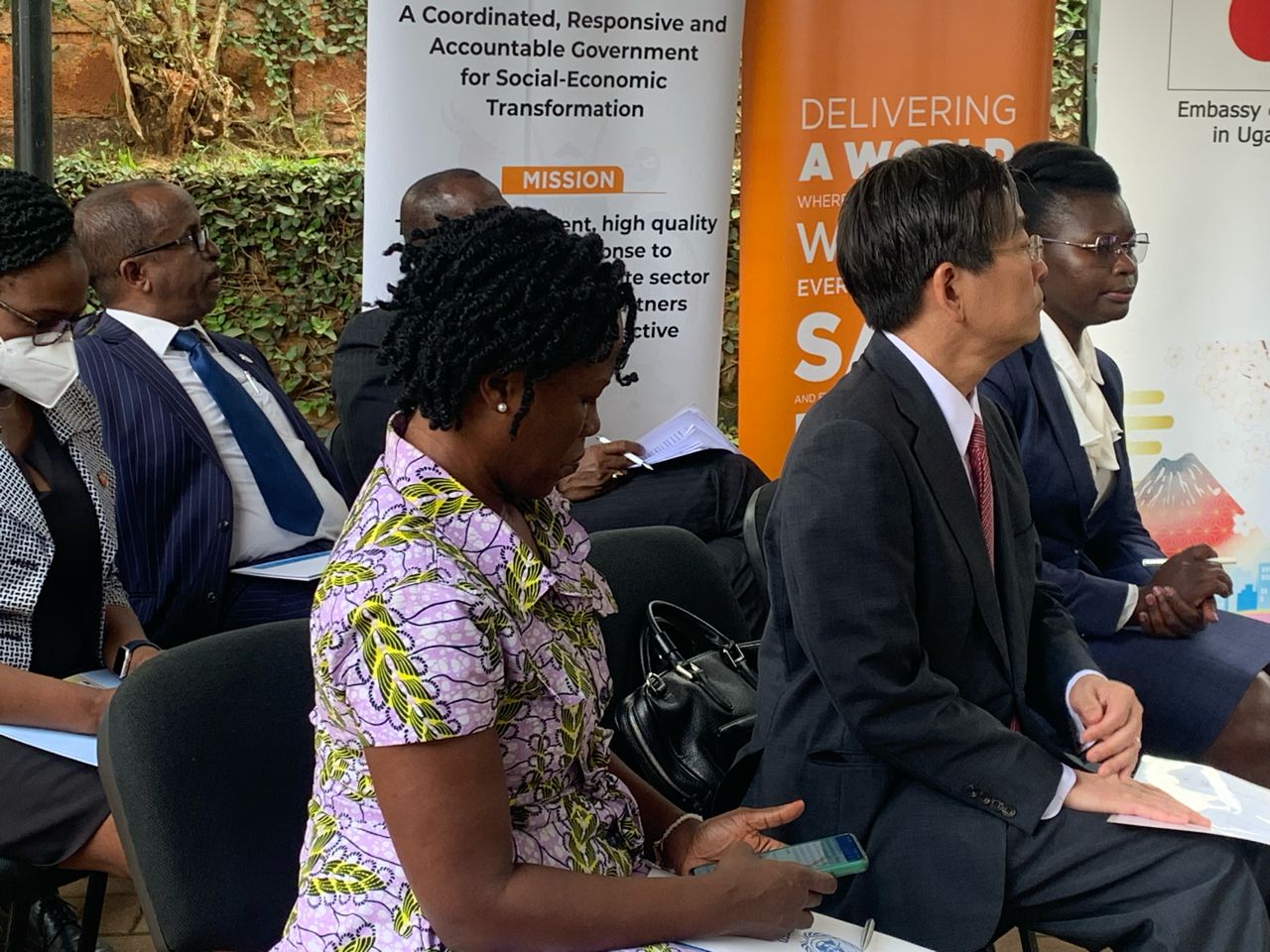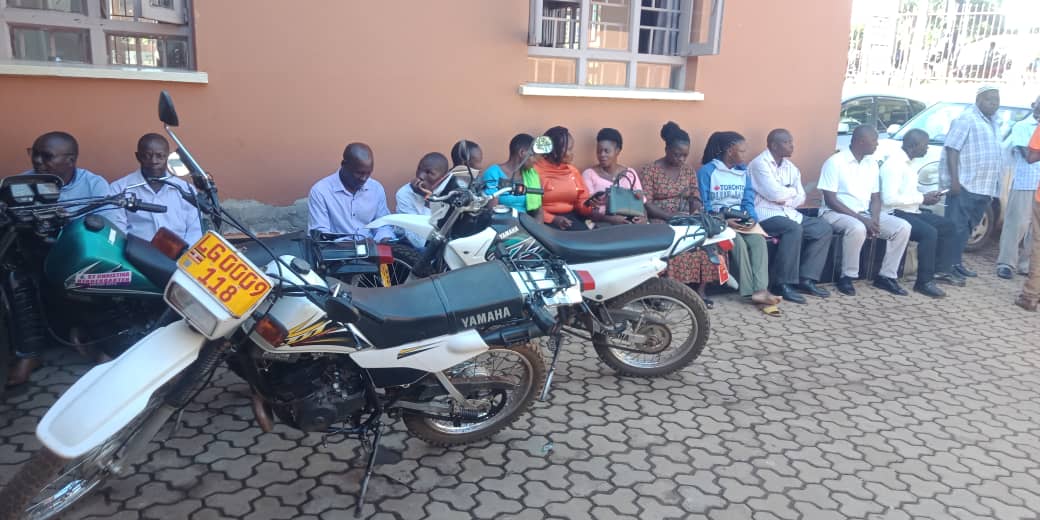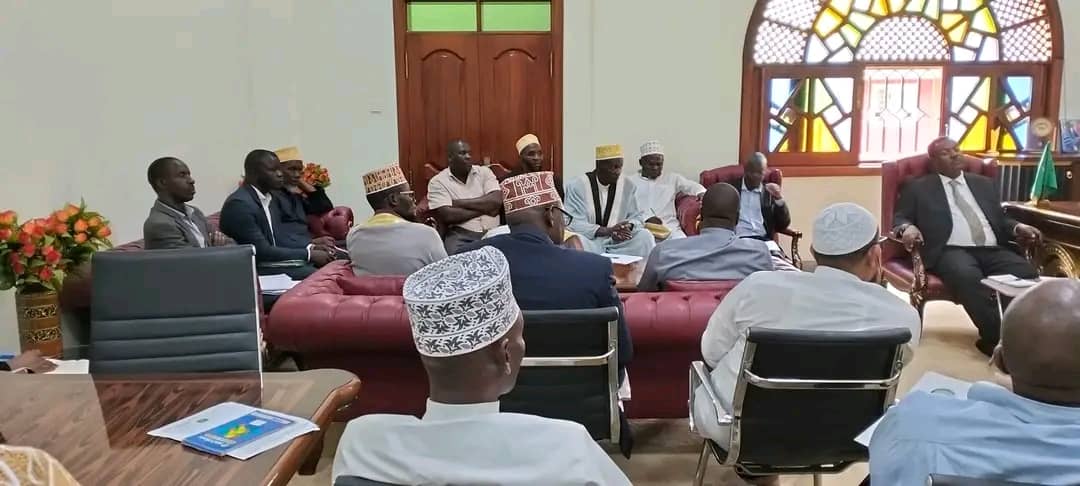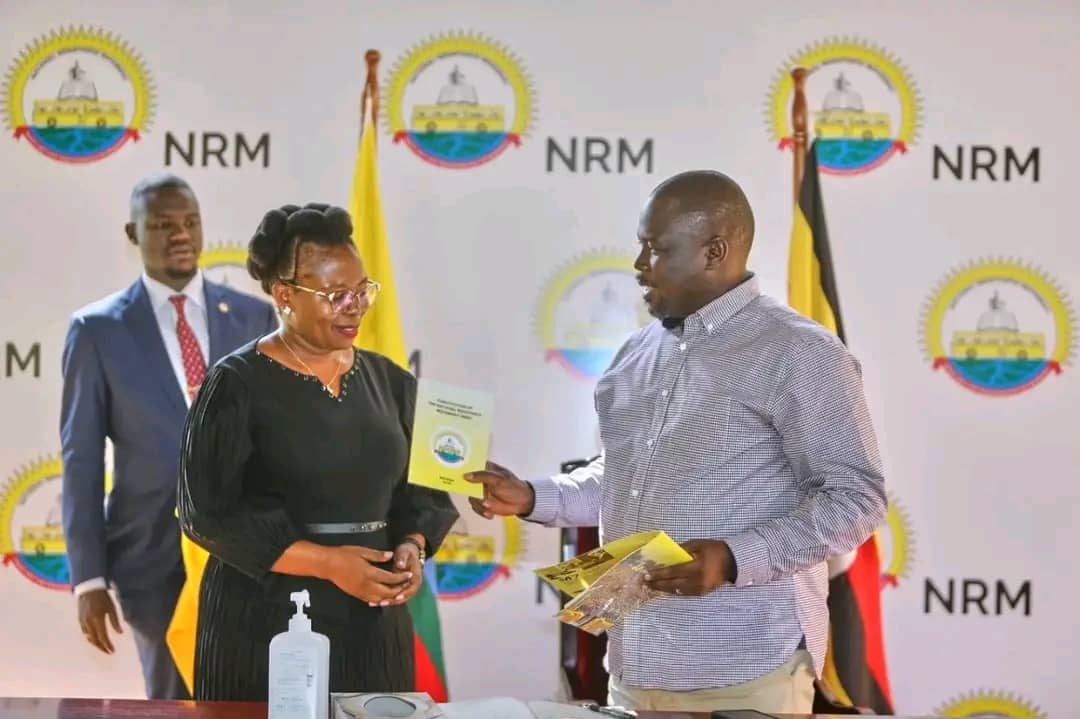Last week, I found myself revisiting Hugh Masekela’s ‘Thuma Mina’, a song that he composed to inspire the South African population during a difficult time in the nation’s history . Thuma Mina, translates to ‘Send Me’.
In the lyrics, he uses powerful artistry of hope to paint an image of the South Africa he’d love to see.
Keep Reading
One of the first lines is ‘I wanna be there when the people triumph over poverty’
17 years since the song’s release and 25 years since the formal end of the Apartheid era, over half of the country’s black population lives in poverty further more, half of that number well into extreme poverty.
It goes without saying, no explanation can sufficiently describe the indignities that poverty visits on people.
One could try to explain – to some extent, the xenophobic violence in South Africa.
My first interaction with xenophobia, and news stories about the accompanying violence, was through the mass condemnation it received across the globe. Numerous world leaders and social media users [the African twittersphere] felt a deep sense of betrayal from the manner in which the violence was being meted out on fellow Africans. It also felt like a disillusion of the much preached about African unity.
It is often expressed that South Africa owes it’s African immigrants a level of respect and dignity. I have overheard a number of conversations between Ugandans questioning how South Africans, whom they had given refuge, arms and diplomatic support in 1973 and 1994 as they battled apartheid, could treat other Africans in such a manner?
Despicable!
https://nilepost.co.ug/2019/09/07/xenophobic-attacks-in-south-africa-separating-fact-from-fiction/
Violence of any form should be rightly condemned, scorned and discouraged. Perpetrators of that violence must face the full face and arm of the law and its victims deserve justice.
But tell me, do you believe this statement to hold any weight?
The perpetrators of a system that alienated black people from South Africa’s economy for 46 years are still being rewarded with immense capital profits. Nation states that promulgated, encouraged, financed, acted and helped in apartheid are still drawing big pay cheques from the hardwork and labour of the Africans in South Africa.
Over the years, many South Africans have learnt that violence is not the way to resolve the class problem but it is a quick way to be heard.
It took the ANC’s Umkhonto We Sizwe to turn to violent military campaigns and exploits to bring the apartheid government to the table. Violence, in this case, is not an end in itself, but a tool to draw attention, and now that South Africa’s downtrodden have it, albeit condemnable, we ought to ask why would a brother turn to the other and chime them down to pieces?
https://nilepost.co.ug/2019/09/08/south-africas-high-commissioner-to-uganda-condemns-xenophobic-attacks/
What is the source of the anger and popular sentiment that ‘other Africans’ are taking the economic opportunities of ‘natives’ in South Africa?
And, if we agree that the anger is misplaced, then where should it be directed?
Institutionalized economic exclusion in South Africa, or indeed any African colony is the true immorality to be confronted. It starts, mostly, with exclusion from the four factors of production; land, labour, enterprise and capital. In Africa – and mostly South Africa’s case, 72% of productive farmland is held by white people who are 9% of the population – there’s yet to be a study for how this was acquired, economically, and/or compensated for. 46.8% of black people are unemployed whilst only 9.8% of white people fall in this category.
So systematically, every economic calendar relegates more and more blacks to poverty while it socially captures and enriches the white population. To solve this, South Africa’s promise of a rainbow nation must materialize and grant all colours the same shade on the mural of economics, politics and society.
It is this hope and wish that Hugh Masekela captures in Thuma Mina. A song that the current President Cyril Ramaphosa appropriated to cast himself into the Presidency of South Africa. It is not enough for xenophobia to stop if racism, economic exclusion and poverty do not.
Hugh Masekela’s lyrics are as relevant today as they were at the beginning of the millenium. An Africa rising begins with an Africa disillusioned.


